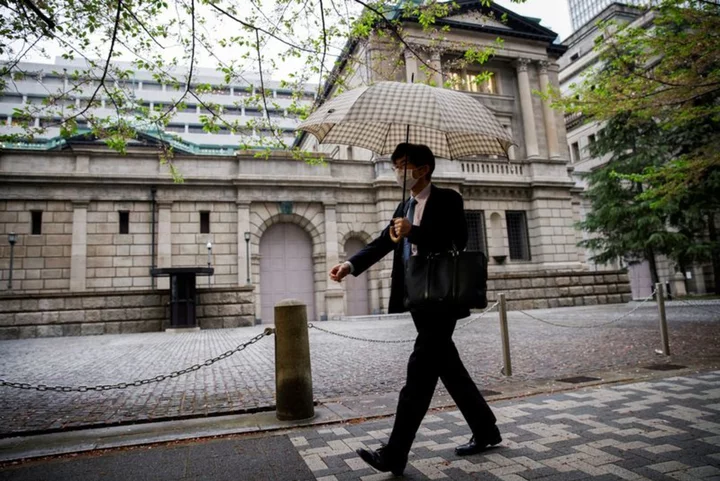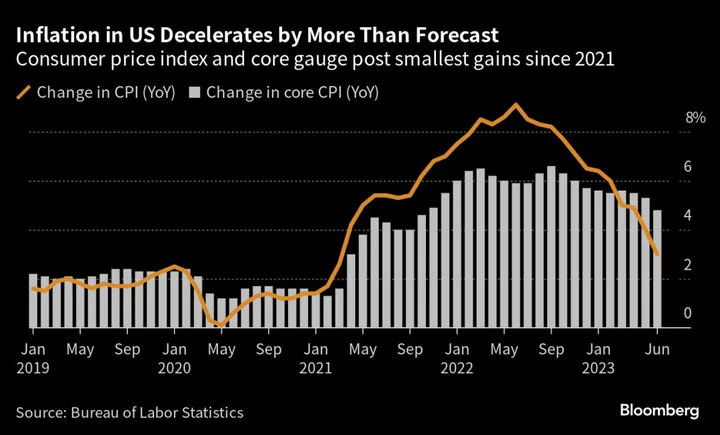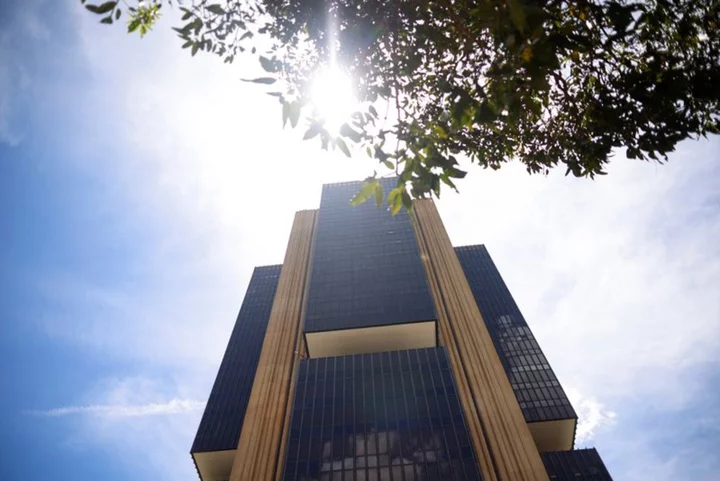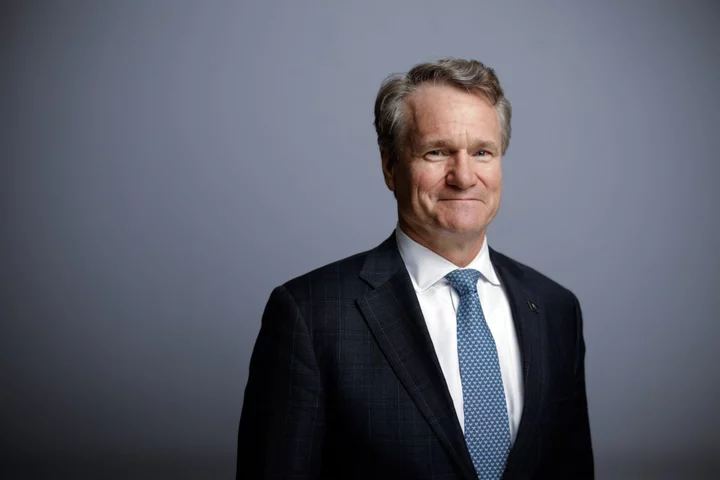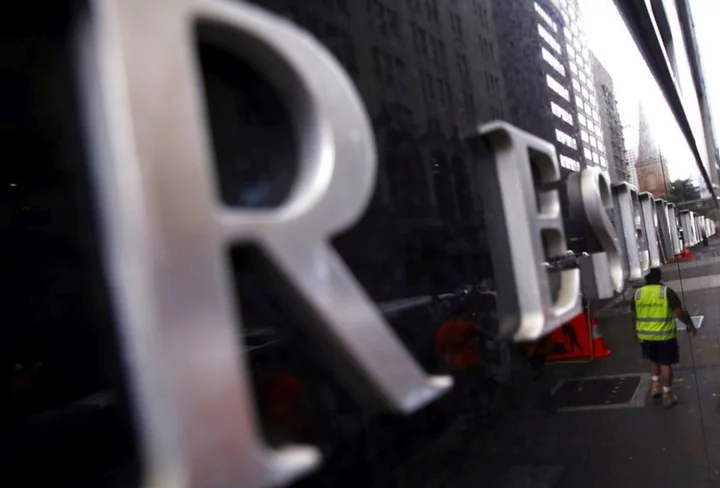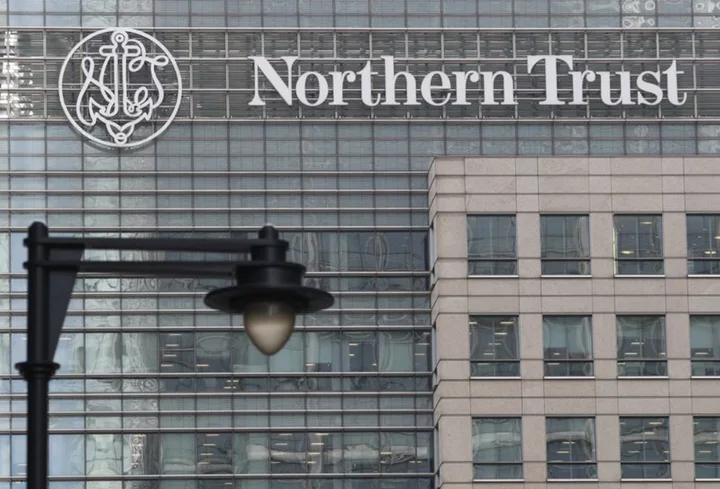By Leika Kihara
TOKYO The Bank of Japan (BOJ) is likely to move steadily towards phasing out its massive stimulus and may tweak yield curve control as early as October, said former central bank policymaker Makoto Sakurai.
While the central bank is likely to revise up this fiscal year's growth and inflation forecasts at the next rate review in July, it is seen keeping monetary settings unchanged as it awaits more clues on whether wages keep rising, Sakurai said.
"Japan's economy is in quite good shape with capital expenditure strong. But the BOJ probably wants to look at the outcome of summer bonus payments. Uncertainty over the overseas economic outlook is also a good reason to wait," he said.
"The key timing will come around October or December. If the economy is holding up, the BOJ could act" such as by widening the allowance band around its yield target, Sakurai told Reuters in an interview on Tuesday.
Under yield curve control (YCC), the BOJ guides short-term interest rates at -0.1% and 10-year bond yields around 0%. It also sets a band at which it allows the 10-year yield to move up and down 50 basis point each around the 0% target.
Markets are simmering with speculation BOJ Governor Kazuo Ueda will phase out his predecessor's massive stimulus including YCC, which has drawn criticism for distorting market pricing and narrowing financial institutions' margins.
The ultra-low interest rate policy has made the BOJ an outlier among a global wave of central banks tightening policy, and triggered an unwelcome yen fall that boosts import costs.
Sakurai, who as board member was involved in the adoption of YCC in 2016, sees signs suggesting that Ueda will move slowly but steadily towards an exit.
For one, the BOJ's decision in April to remove a pledge to keep interest rates at "current or lower levels" was a first step towards normalising policy, he said.
"The BOJ is gradually moving towards a revision to its ultra-loose policy," said Sakurai, who retains close contact with incumbent policymakers.
The BOJ's eventual goal will likely be to remove the yield cap and shift to a policy guiding short-term interest rates as the sole policy target, he said.
But the BOJ must tread carefully because any abrupt rise in bond yields could inflict huge losses on financial institutions' bond holdings, and boost the cost of financing Japan's huge public debt, Sakurai said.
"The BOJ probably wants to start raising rates. But the pace will be very slow," he said.
Japan's core consumer inflation hit 3.2% in May, exceeding the BOJ's 2% target for 14 straight months and casting doubt on its view the recent cost-driven inflation will prove temporary.
Ueda has stressed the need to keep loose policy until inflation is sustainably around 2% and accompanied by wage hikes.
But a BOJ policymaker called for an early revision to its controversial yield curve control, a summary of opinions at the June meeting showed on Monday, suggesting the central bank's ultra-loose monetary settings may be at a crossroads.
(Reporting by Leika Kihara; Additional reporting by Takahiko Wada; Editing by Sam Holmes)

